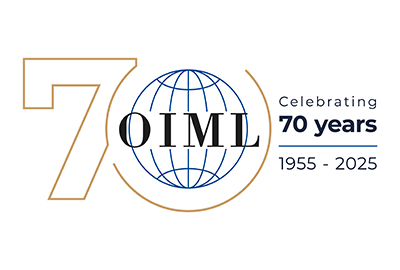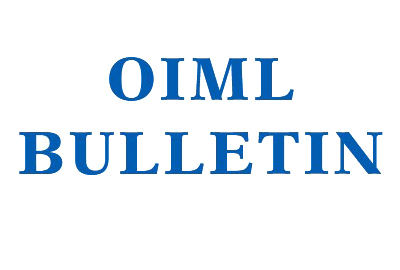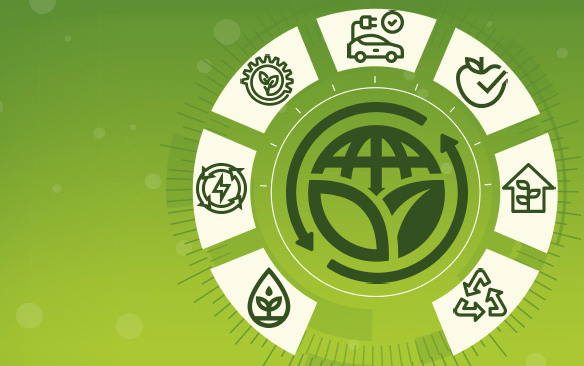2017 - 9th Award

MalaysiaDr Osman Bin Zakaria Datoâ Roslan Bin Mahayudin Haji Ibrahim Bin Hamzah  The current state of domestic control of trade measurements in Malaysia results from the close collaboration which has existed since 1975 between the National Metrology Institute of Malaysia (NMIM) and the Legal Metrology Unit of the Enforcement Division of the Ministry of Domestic Trade, Co-operatives and Consumerism (KPDNHEP). Since 2007, the National Measurement System Act has included legal metrology for non-trade measurements. Routine verification and surveillance of trade instruments is undertaken by the Metrology Corporation Malaysia Sdn. Bhd. (MCM), a private company appointed and monitored by the KPDNHEP, which has branches in all major Malaysian cities. This privatization has resulted in cost-savings to the Government and the removal of conflicts of interest between policy makers, enforcement, surveillance and verification officers. MSM has increased the number of officers considerably, and collects three times the fees, as well as implementing many innovations. The NMIM and MCM have agreed on national implementation for 14 OIML Recommendations, and intend to implement other relevant Recommendations. There are legal metrology activities in trade, health, safety, and the environment, as well as close national cooperation between scientific and legal metrology. The NMIM type approves water meters, fuel dispensers, electricity meters, water dispensers, parking meters, container weighing systems, portable axle-weighers, and depth gauges for oil and gas installations. It also calibrates working standards used by the KPDNHEP and MSM. The NMIM and the KPDNHEP have also developed training for inspectors, verifiers, repairers and industry. Between them, they have hosted five regional courses under the PTBâs MEDEA Project. For the future, the NMIM will establish a national working committee on legal metrology for non-trade measurements. An NMIM initiative will also promote the National Quality Infrastructure. The KPDNHEP will provide ministries with legal metrology assistance, and use technology to improve enforcement. These developments will help in reducing the dumping of measuring instruments in Malaysia. These three agenciesâ collective work provides a unique model for a developing country like Malaysia by establishing an effective trade measurements focussed national legal metrology system encompassing legislation, traceability, enforcement and verification of trade transactions, which also extends to the regional level. Their cooperation has given the community improvements such as fair trade, consumer protection and fraud elimination in the palm oil and rubber industries. |
 |
ColombiaSuperintendencia de Industria y Comercio Legal metrological control in Colombia is under the responsibility of the Superintendencia de Industria y Comercio (SIC), and the municipal and district major offices, but the latter do not have sufficient economic and technical capacity to undertake this work. The SICâs legal metrology working group monitors and controls products on the market by inspecting fuel dispensers, scales and prepacked products. All instruments used these in activities are calibrated by the Colombian national metrology institute to guarantee traceability. The SIC also monitors critical sectors of the Colombian market such as food, cleaning products, fuels, liquors, drugs, compressed natural gas for vehicles, and other fuel wholesale plants. Colombia became a Member State of the OIML in 2013, since which it has collaborated with metrology authorities around the world, gathering experience and knowledge and allowing the creation and implementation of a new surveillance model. The SIC uses this to supervise and control all measuring instruments subject to metrological control. Using this experience, in 2016 they developed technical regulations for non-automatic weighing instruments (NAWIs), and for fuel dispensers, both based on OIML Recommendations. In 2017 it was expected to issue technical regulations for evidential breath analyzers, and electronic taximeters. The SIC has the same lack of economic, technical and human resources that other metrological control authorities face when developing their activities, and decided to designate âAuthorized Metrological Verification Bodiesâ, (OAVM in Spanish) to support the metrological verification of measuring instruments. The OAVMs were evaluated for their technical skills and financial capacity, and were required to obtain accreditation from the Colombian National Accreditation body, ONAC. Owners of measuring instruments pay the OAVMs for metrological verification activities, which enabled the SIC to increase such activities without additional costs. Currently OAVMs are establishing a database on all measuring instruments in use which are subject to metrological control. This information will be incorporated into the SIC-managed Legal Metrology Information System, (SIMEL in Spanish) to streamline verification and to guarantee accurate measurements for Colombian consumers. OAVMs will soon be designated for the verification of prepacked products and other areas. The SIMEL enables efficient and effective coordination of metrological control activities by gathering information about the activities of OAVMs and repairers. This tool is fundamental to the OAVMsâ verification activities, allowing the optimization of their activities. The SIC also provides technical and economic support to mass and volume calibration laboratories certified by ONAC by calibrating all equipment used for metrological control free of charge. The coordinated efforts of the different Colombian quality assurance entities ensures the prioritization and implementation of legal metrological activities for the benefit of Colombian consumers. Colombiaâs experience will hopefully motivate other countries to implement legal metrology controls, in turn promoting and developing their own economies. |






